Helmut Kohl
출생 : 1930-04-03, Ludwigshafen, Germany
사망 : 2017-06-16
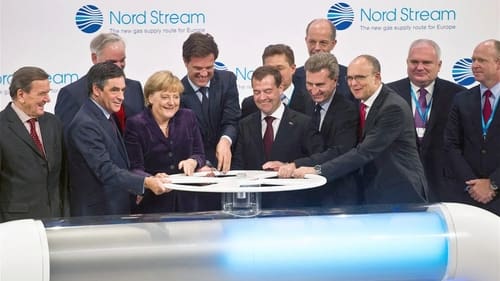
Self (archive footage) (uncredited)
The war in the Ukraine has changed the way many European countries view Russian politics. Suddenly it became clear how dependent countries had become on Russian gas imports for decades and what Vladimir Putin was up to. However, no country needs more gas than Germany. It was only after Russia's invasion of the Ukraine that the German government realized that Russia had long used gas as a weapon to impose its will on states. The instrument created for this purpose is the natural gas production company GAZPROM. So how did Germany become so dependent on Russian gas? The documentary shows how, over several decades and several changes of government, a broad alliance of politicians and business representatives did everything possible to secure Germany's energy supply with cheap Russian gas, while the Kremlin's foreign policy became increasingly aggressive and the warnings of experts went unheeded.
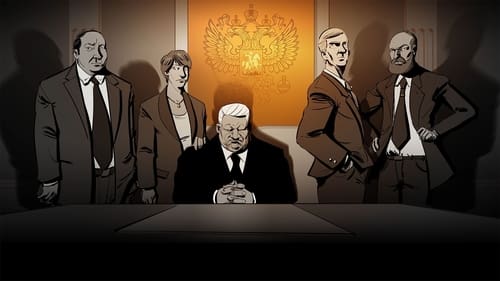
Self (archive footage)
Moscow, January 1996. Boris Yeltsin gets ready to run for a second mandate of the presidency of the young Russian Federation. Polls are in the single digits. A painful economic transition, war in Chechnya, and the rise of criminal groups have left the majority of Russians dissatisfied with Yeltsin… and willing to vote for the communist leader Gennady Zyuganov. Yet six months later, Yeltsin won the election with nearly 54% of the vote. How did that happen?
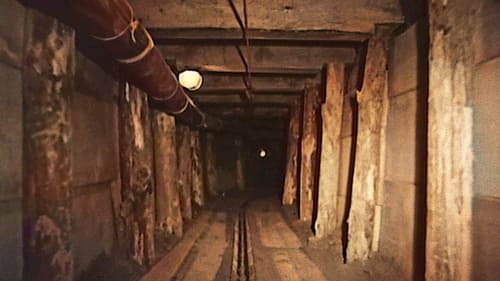
Self (voice) (archive footage)
13 August 1961: the GDR closes the sector borders in Berlin. The city is divided overnight. Escape to the West becomes more dangerous every day. But on September 14, 1962, exactly one year, one month and one day after the Wall was built, a group of 29 people from the GDR managed to escape spectacularly through a 135-meter tunnel to the West. For more than 4 months, students from West Berlin, including 2 Italians, dug this tunnel. When the tunnel builders ran out of money after only a few meters of digging, they came up with the idea of marketing the escape tunnel. They sell the film rights to the story exclusively to NBC, an American television station.
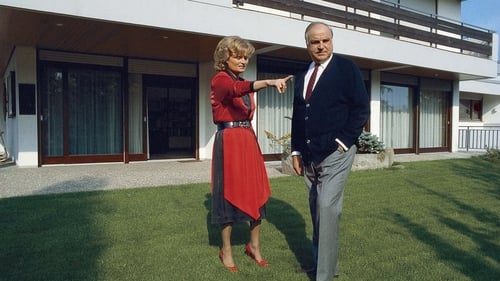
Self (archive)
Hannelore Kohl was the brave political wife, the wife of the Eternal Chancellor. The reliable companion on his way to power. His campaigns were hers too. Last but not least, his success was based on her strength. Hannelore Kohl lived in her husband's iron power system. When she fell seriously ill, Hannelore Kohl retreated more and more from the light of the public to a life in the dark. Until she put an end to her life on July 5, 2001. The documentation chronologically traces the life of Hannelore Kohl using archive recordings from over half a century of German history.
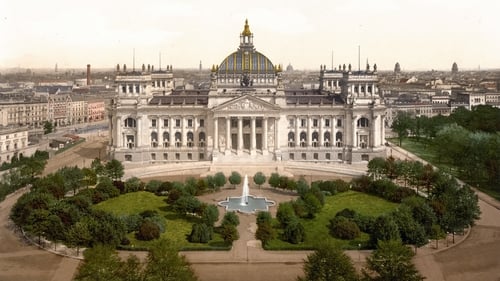
Self (archive footage)
Docudrama telling the story of a building with a breath taking career that began in the empire, flourished in the Weimar Republic, perished in the Nazi dictatorship, and was rebuilt after its partial destruction.
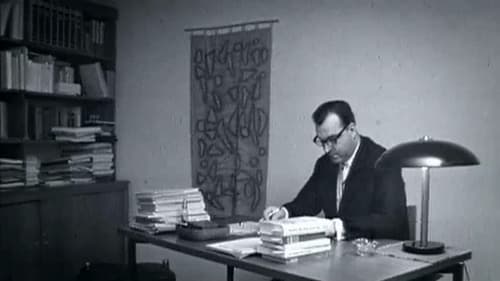
Self (archive footage)

Himself (archive footage)
2014-2015: 17. The Great European Disaster Movie Authored documentary by Italian director Annalisa Piras and former editor of The Economist Bill Emmott, which explores the crisis facing Europe. Through case studies of citizens in different countries, the film explores a range of factors that have led to the present crisis, economic and identity challenges across Europe. High-level experts analyse how and why things are going so wrong. The film includes fictional scenes, set in a post-EU future, which feature archaeologist Charles Granda (played by Angus Deayton) travelling on a flight through a menacing storm, explaining to a child passenger what the EU was. Sombre, thought-provoking and witty, the film frames Europe through the eyes of those who have most at stake - the Europeans themselves.
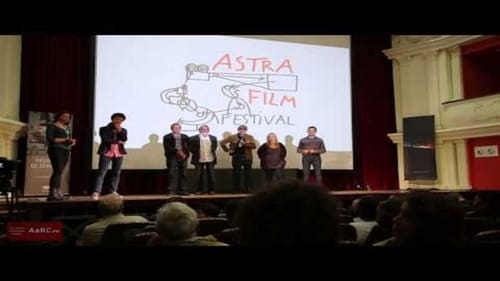
Himself (archive footage)
A first hand account of one of the biggest cases of human trafficking during the Cold War. A story of greed, courage, hope and remorse.

himself

Himself - Politician (archive footage)
A retrospective look at the youth cultures born in the German Democratic Republic. A celebration of the lust for life, a contemporary trip into the world of skate, a tale on three heroes and their boards, from their childhood in the seventies, through their teenage rebellion in the eighties and the summer of 1989, when their life changed forever, to 2011.

himself
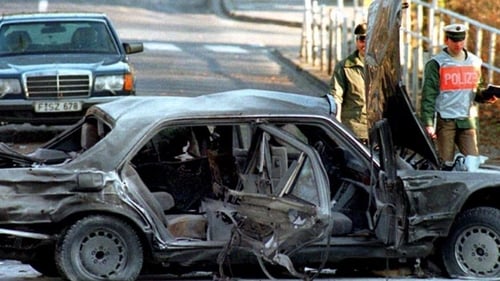
Himself
Black Box BRD steps back into German history, showing the Federal Republic of Germany of the 70s and 80s. The country is polarized due to the power struggle of the German state and the "Red Army Faction". Society is torn, the fronts are irreconcilable. The life stories of both Wolfgang Grams and Alfred Herrhausen are tragically linked to this era. Grams is the one who takes up arms for moral rigor; Herrhausen however seizes power and dies when powerful.

Self
A detailed reconstruction of the events from Nov. 9th to 11th, 1989, which led to the Berlin wall tumbling down, on a local, national and international level.

A realistic satire about the path of the German Democratic Republic from its foundation until its 40th birthday. This eye-opening film tells the history of the German Democratic Republic through East Germany's official newsreels and state films.









